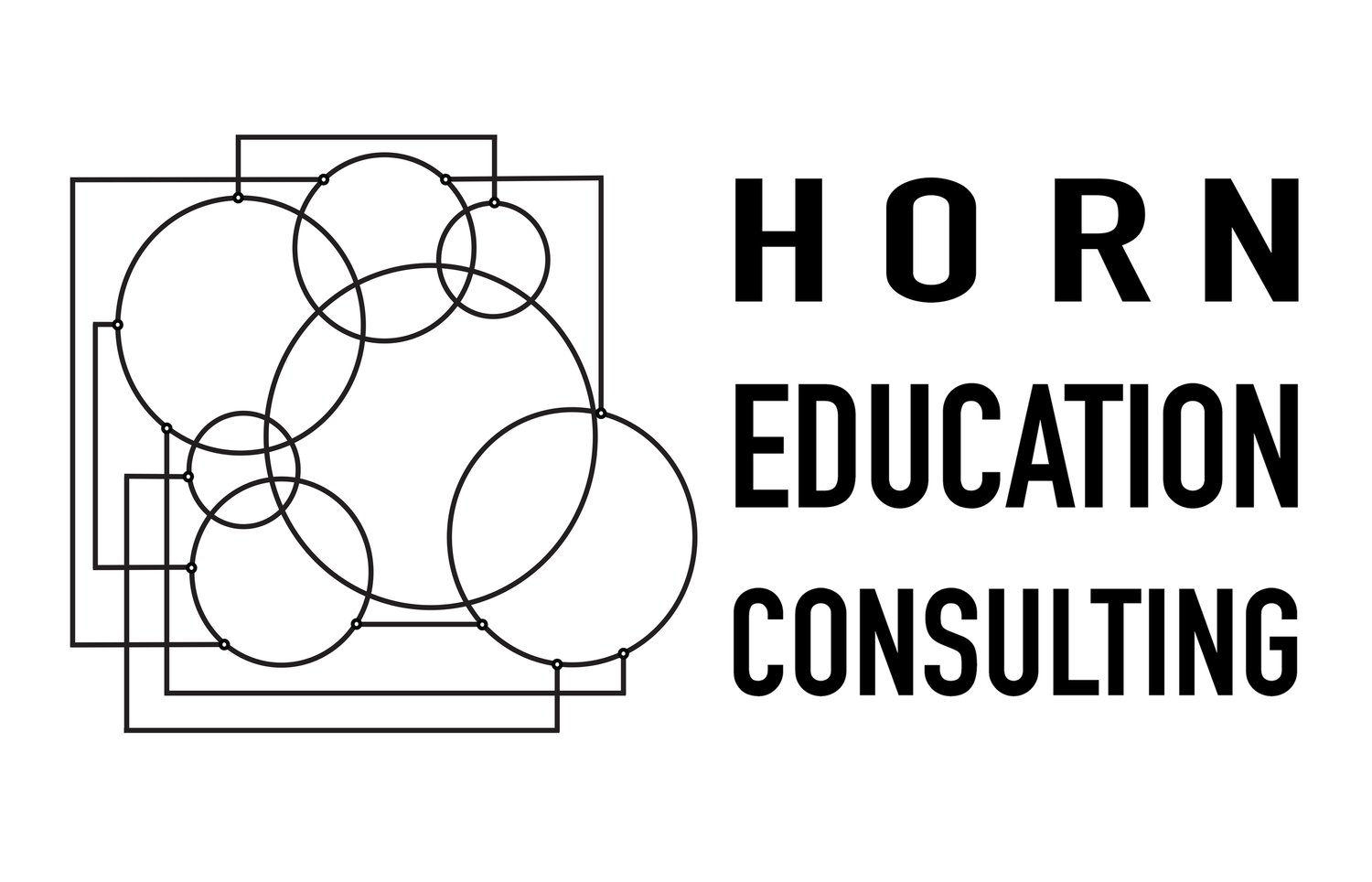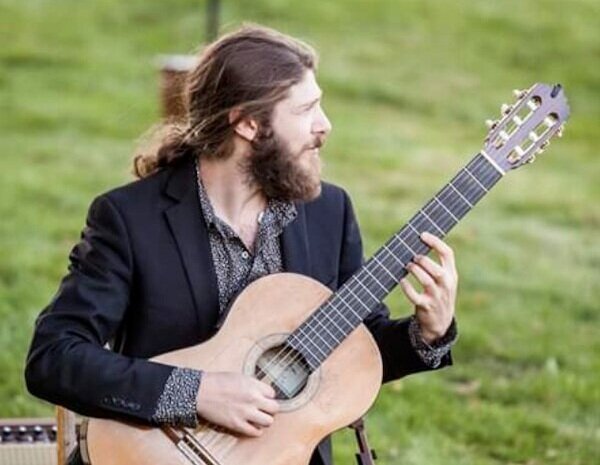The Case for Contention with Jonathan Zimmerman
Jonathan Zimmerman is one of the foremost education historians working today. His work examines how education practices and policies have developed over time, and the myths that often cloud our understanding of teaching and learning. We sat down in his office in the Penn Graduate School of Education building in late February to discuss the teaching of controversial issues in U.S. schools. I believe that learning how to talk about difficult topics where reasonable people may disagree is one of the most important skills for citizens to develop. As the headlines on any given day will confirm, it’s also one of the things Americans are terrible at. Zimmerman’s 2017 book The Case for Contention (co-authored with Emily Robertson) explores why.
Quick preview of what is at stake: 1.) Teachers’ free speech rights are radically limited. 2.) During the Trump Administration, “What is a fact?” is the most important political question. 3.) Teaching how to understand controversial issues is not indoctrination. 4.) We can’t avoid important claims because they evoke reactions.
Check out the YouTube trailer. Trust me, you’ve got two minutes for this!
Professor Zimmerman and I spoke on 2/25/20, before social distancing related to COVID-19 was recommended.
Soundtrack
I usually ask guests what kind of music they might like incorporated into the underscoring of the episode. Jon Zimmerman was very specific: “America” by Simon and Garfunkel. Buffalo-based guitarist Drew Azzinaro agreed to help me out with some instrumental takes on the tune. This show includes samples of one cut with him solo and a couple versions where I played along on fiddle.
Related Materials
Civil discourse is a passionate interest, and it’s one of the areas where I frequently support schools in my consulting work.
1.) Sometimes when you’re trying to establish sound lines of reasoning, it’s helpful to consider fallacies, patterns of reasoning liable to lead to error. That can be a way in for strengthening critical thinking skills.
2.) As Dr. Zimmerman says in the show, it’s not that parents don’t want citizenship skills taught by schools; it’s just that citizenship is not most parents’ top priority. As a result, schools aren’t set up to engage students as citizens. Here are some of my thoughts about reversing that. (This blog post was translated for inclusion in the 2016 Teachers Exam of France.)
If you’d like to chat about engaging your students more deeply as citizens, or if you have any other questions related to professional development, coaching, or customized research for your organization, drop me a line!
Never miss an episode!
Point of Learning is for anyone curious about what and how and why we learn. Important ideas carefully curated. Available about every other month in podcast audio, often with a YouTube companion edition. Subscribe to the newsletter and I’ll reach out whenever a new episode or bonus item is ready!
Can you spare a dime? If you’re interested in supporting this work, click the button below. Point of Learning has partnered with Patreon to keep support simple, with membership tiers beginning at just $3/month—about 10 cents per day.




